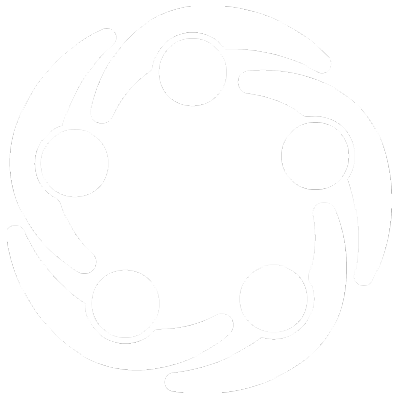Registration is closed.
***Application Deadline: 5:00 PM CT on May 19, 2023***
Click the "Register" button to apply. The series description, target audience, participation requirements, and addition application details are listed below.
PREREQUISITE: In order to register for this course, you must have participated in the What is Ripple Effects Mapping webinar or viewed the recording of the webinar, RECORDING
DESCRIPTION:
This four-session distance learning series offers participants with an interactive opportunity to explore and experience Ripple Effects Mapping – a tool designed to identify the impacts of complex community work. It gives you the ability to collect stories of the direct and indirect impacts of your work, while simultaneously being engaging and fun for participants. The series will include skill-based learning opportunities, individual and group activities, reading assignments, and group discussion.
LEARNING OBJECTIVES:
By the end of the series, participants will have increased their capacity to:
- Understand the flow (from start to finish) of a Ripple Effects Mapping event by observing a peer organization to see the event unfold
- Discover the benefits of using this technique to identify the intended and unintended outcomes of your work
- Explore the theory behind the Core Components
- Participate in Appreciative Inquiry conversations; followed by a mind-mapping exercise
- Frame Appreciative Inquiry questions and appropriate prompts for effective mapping
- Discuss coding frameworks and qualitative analysis processes that would be relevant to a prevention/public health framework
AUDIENCE:
Substance misuse prevention practitioners located in HHS Region 5: Minnesota, Michigan, Ohio, Illinois, Indiana, and Wisconsin. If you live outside Region 5, you are welcome to complete the application and be placed on the wait list. Individuals from outside Region 5 will be accepted if space is available.
HOW TO APPLY:
The Ripple Effects Mapping Intensive Training Course requires an application. The course is limited to 50 participants on a first come, first-serve basis for applicants who meet the required criteria. Please click the "REGISTER" button at the top of the page to access the application form for this series.
Applications will close when the course is filled, or no later than 5:00 pm CT on May 19, 2023.
TRAINING SCHEDULE:
May 30 - 12:30 PM–2:00 PM CT
June 6 - 10:30 AM–12:00 PM CT
June 13 - 12:30 PM–2:00 PM CT
June 20 - 10:30 AM–12:00 PM CT
PARTICIPATION REQUIREMENTS:
- Participate in all 4 trainings sessions (1.5 hours per session) on the scheduled dates/times.
- Complete 1 to 2 hours of homework.
- Join Zoom meetings and be able to use video, audio, chat, and all other interactive features.
- Have access to the appropriate technology and workspace to participate in these highly interactive virtual learning sessions, including a working microphone and the ability to have full face on camera.
- Actively engage and have full face visible on camera at least 90% of the time during each session. This is not a webinar series. Active participation is essential.
CERTIFICATES:
Registrants who fully attend this event or training will receive a certificate of attendance via email within two weeks after the event or training.
PRESENTERS:

Rebecca Sero, PhD
Rebecca Sero is a research methodologist at a federal agency, where she works with teams to help select and implement methodologies that will effectively evaluate and analyze data in order to answer proposed research questions. Rebecca also helps conduct and train on “in-depth” Ripple Effects Mapping and is most often engaged with determining how to best analyze the rich data that is produced from REM evaluations. She received a PhD in Human Development from Purdue University and a MS in Family Studies from Miami University.

Debra Hansen, MEd
Debra Hansen is a professor and county Extension Director with Washington State University, focusing on community and economic development in rural Stevens County. Debra was one of the original architects of Ripple Effects Mapping, developed in 2008 to discover poverty reduction outcomes in individual communities that participated in the Washington’s Horizons Program. She continues to map programs and train others to use this engaging tool. Hansen has a master's degree in Adult Education from Penn State.
The Great Lakes A/MH/PTTC is offering this training for individuals working in HHS Region 5: IL, IN, MI, MN, OH, WI. This training is being provided in response to a need identified by Region 5 stakeholders.
